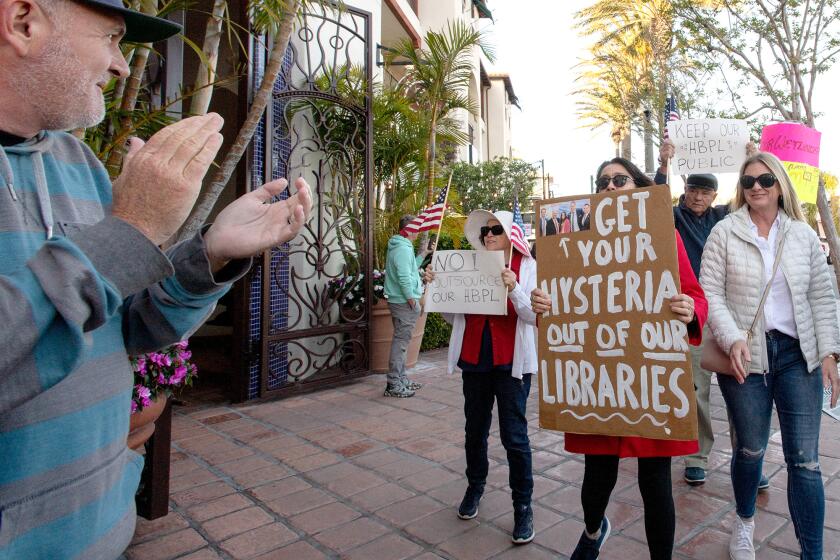Sounding Off: Gulf oil spill reminds us to protect our own wetlands
The tragedy that struck the coastal wetlands of the Gulf Coast raises the question: Could a similar catastrophe occur to our own wetlands like Bolsa Chica, which is still an active oil field? Over the years, a few oil spills have occurred in the wetland from sources outside Bolsa Chica. While they did not and probably never will approach the magnitude of the Gulf spill, they did cause some ecological and economic damage. I expect they will continue to occur, which brings up another question: Are we prepared?
Due to its geology, Bolsa Chica lies on top of what was once one of the richest oil pools in the state. Like the Gulf Coast, we also have offshore oil wells, but the conditions are quite different. The wells off our coast are not operating under the same enormous depths and pressures that plagued the Gulf operations. But should a spill occur off our shore, either from an oil platform or a tanker (which occurred in 1990), the Bolsa Chica wetlands would be protected by a boom, which is at the ready at the tidal opening, to be deployed at a moment’s notice.
Even after 70 years, wells continue to pump oil in the Bolsa Chica wetlands. Aera Energy, the oil lease holder, has gone to great lengths to assure that if an oil spill in the wetland should occur, its effects would be minimal. The wetland oil field is divided up into cells, each isolated from the others by levees, confining any oil to within a cell. The culverts that connect the muted tidal wetland with the full tidal basin are equipped with gates that can be closed to prevent oil from moving into the basin. These and many other protective measures, along with extensive employee training, will assure that should an oil spill occur, it will have little or no impact on the Bolsa Chica wetlands.
If there is a silver lining to the awful calamity that has occurred in the Gulf Coast wetlands, it may be an increased public awareness of the value of coastal wetlands. The decades-long campaigns to save our own coastal wetlands (Newport Back Bay, Huntington Wetlands, Bolsa Chica, Cerritos, etc.) were and continue to be difficult because of the lack of understanding by elected officials and the general public of the value of wetlands. For some, our wetlands may not exhibit quite the same beauty of the Gulf Coast’s lush marshes and bayous and thus are not worth saving. Our wetlands do, however, provide the same benefits as those found on the Gulf Coast: flood control, havens for migratory birds and nurseries for our fisheries, to name the most critical.
The true extent of the damage caused by the recent Gulf oil spill may not be known for years, but one thing is clear: We must protect our coastal wetlands from loss, regardless of the cause.
All the latest on Orange County from Orange County.
Get our free TimesOC newsletter.
You may occasionally receive promotional content from the Daily Pilot.



